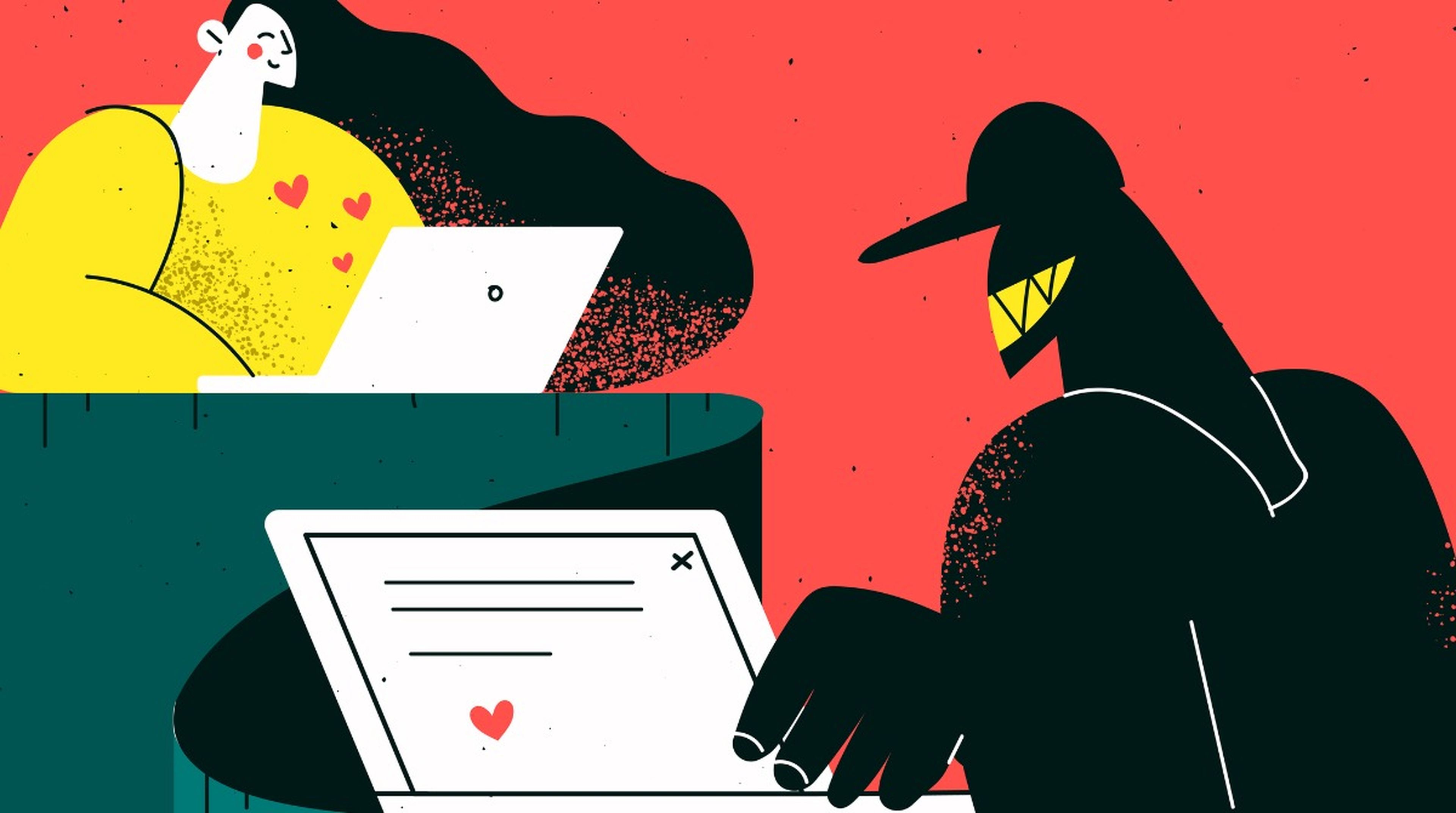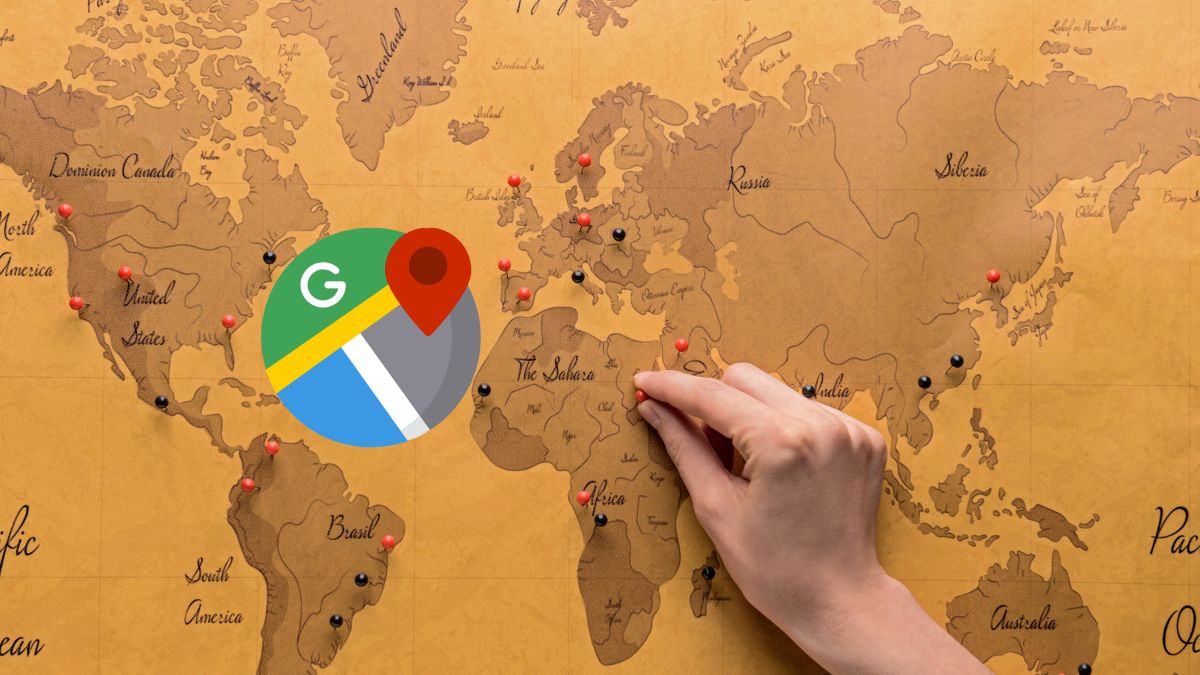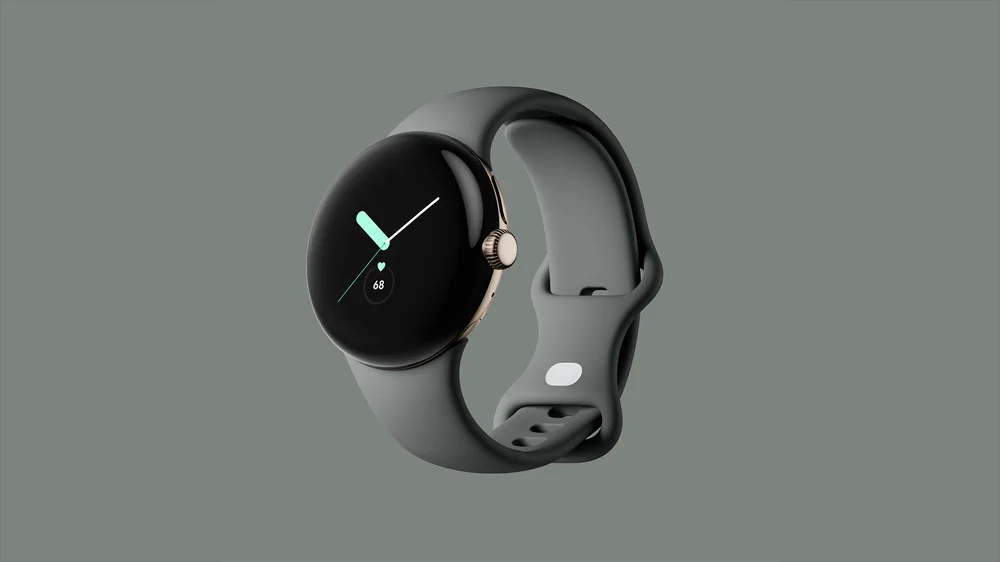10 things you should never post on social media

Social networks allow you to keep in touch with your loved ones, express your opinions and emotions, and discover interesting things. But you should also be careful with what you post on them.
Your privacy and security may be compromised if you do not take the necessary precautions. Therefore, it is essential that you review the settings of your accounts, that you do not reveal personal or sensitive data, and that you do not trust strangers.
The danger of sharing personal data on Facebook and other social networks
Some information, such as your address, phone number, or bank account information, can facilitate identity theft and scams.
Other information, such as your health problems or family relationships, can lead to unwanted invasions of privacy and negative comments.
By disclosing sensitive details about your personal or professional life, you may expose yourself to cyber attacks such as phishinghacks or other online threats.
These can affect your reputation, your privacy or even your finances. Therefore, it is essential that you be cautious when sharing information on these platforms, especially on Facebook, X, Instagram or even TikTok.
Below, we share the 10 things you should never share on social networks:
- Personal information
- Travel plans
- compromising photos
- Personal complaints
- Illegal acts
- Photos of your purchases
- Personal advice
- Fake giveaways
- Location data
- Keep your posts private
Personal information

A basic rule to protect your privacy on the web is to limit the amount of personal data you share on websites and social networks.
Do not post or send confidential information such as your address, your car license plates or your telephone number, as they could be used by cybercriminals to commit fraud or harass you.
This way, you will reduce your chances of being a victim of identity theft or other serious problems.
Travel plans

Before traveling, it is important to have Be careful what you post on social media. By revealing your travel plans, you can clue criminals into when your home will be empty and vulnerable.
To protect your safety and assets, it is best to keep these details private or share them only with people you trust. Some consequences of not doing so could be: losing your valuables, suffering attacks or threats and even putting your life at risk.
Compromising photos or photos of minors

It is important to respect people’s privacy and security when share images on the internet. If you post compromising photos or photos of minors, you may face legal and ethical problems.
For example, you can violate the right to privacy or self-image of those affected. You can also damage the image and well-being of children, causing them stress, anxiety or depression.
Personal complaints

If you want to take care of your personal and professional image, it is better not to vent emotionally in public. Complaints can negatively affect your reputation and how others perceive you.
Instead of exposing your personal problems, seek support from friends who can help you in a more private setting. Also You should be careful with what you post on social media.since you are showing a part of your personal life that could be used against you.
Some consequences of not following these tips are losing your job, damaging your reputation or even having difficulties finding a partner.
Illegal acts

Don’t buy legal problems by publishing evidence that incriminates you. It is better to remain silent about certain matters that could affect your legal defense.
Think carefully before disclosing anything that has legal repercussions and seek professional advice if you need it. Posting compromising images or videos could harm you in a lawsuit, for example.
Photos of your purchases

On social media, many people post photos of their new purchases, such as their new iPhone, laptops, cars, televisions, jewelry or other valuables.
However, this practice can be dangerous, as it can attract the attention of thieves looking for opportunities to steal. Therefore, it is recommended not to disclose information about expensive purchases, it is better to keep the secret and enjoy them.
Personal advice

Instead of giving specific advice, especially on sensitive topics like health or relationships, it is better to express support and empathy. This way you respect your privacy and avoid unnecessary problems.
Remember that your personal point of view may not be valid for everyoneand revealing personal details can leave you vulnerable to unsolicited comments or confusion.
Many times we see people searching for pain remedies or legal help on social media. No matter how confident you are, it is in everyone’s best interest (including you) not to offer medical or legal advice to people through these platforms.
Fake giveaways

Not all sweepstakes and contests you find on the internet are legitimate. Some are scams to obtain your personal information and use it for malicious purposes.
Before you sign up for one, verify its authenticity and reliability. Look for information about the organizer, review the rules of the draw or contest and avoid giving sensitive information such as your bank account number or password.
Fake giveaways are a common strategy of scammers. Don’t fall for their trick and protect your personal information, but above all, don’t share it on Facebook or Twitter.
Location data

Depositphotos
A form of protect your privacy is to control the use of geolocation on your devices. By constantly sharing your location, you can expose yourself to personal security risks, as someone could follow your movements and know where you are at all times.
Therefore, we recommend that you only activate GPS when it is essential and that you share it only with people you trust the most, avoiding publishing your frequent locations in real time.
Keep your posts private

Before sharing something on social media, think about whether you would like it to be public. This way you can protect your privacy and avoid uncomfortable situations. Note that What you publish on the Internet can remain there forevereven if you delete it.
Therefore, it is better to be cautious and careful with what you share. This way, you can avoid future problems and have more control over your identity on the web. Anything you don’t want everyone to see, don’t share it on Facebook or other services.



